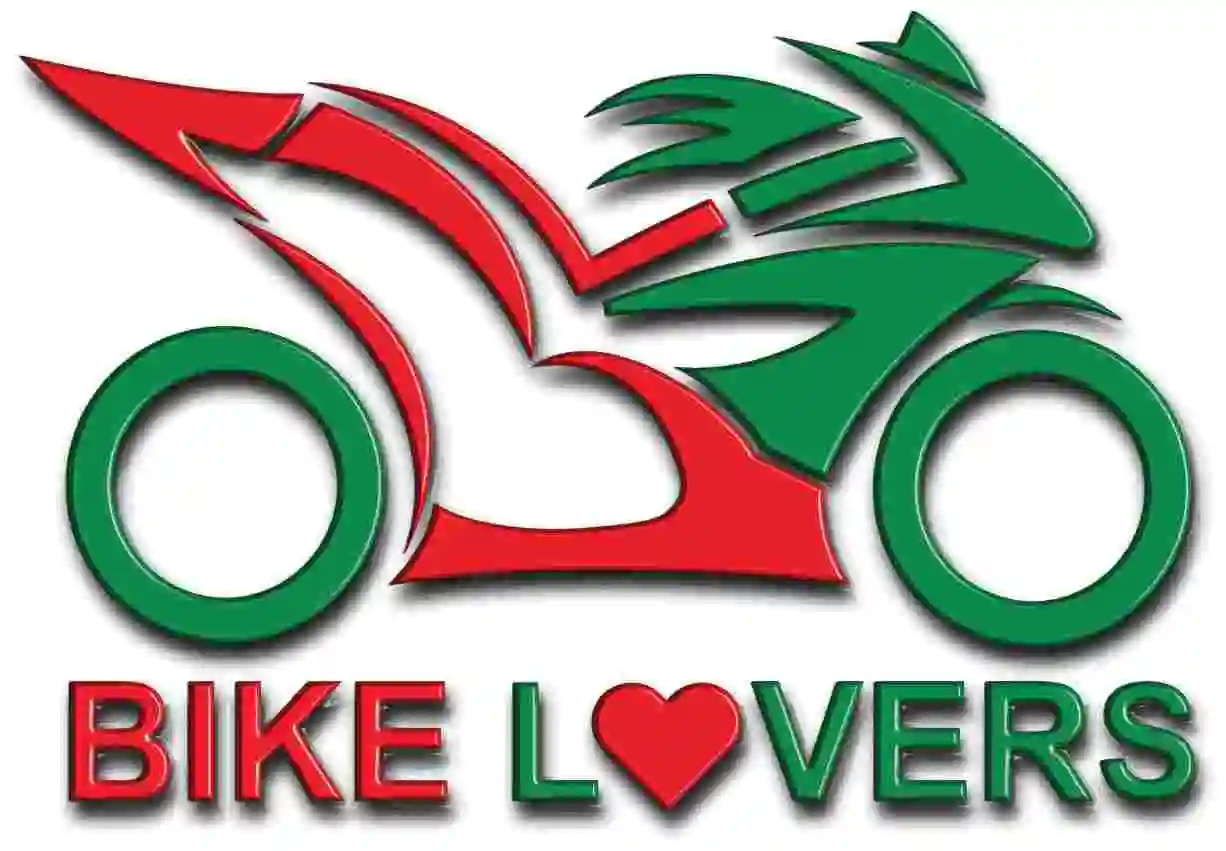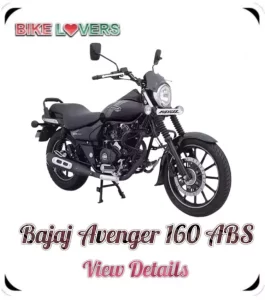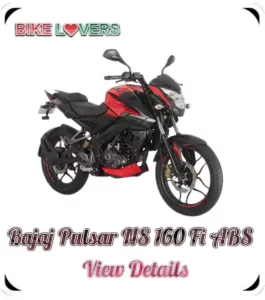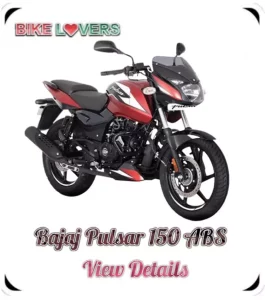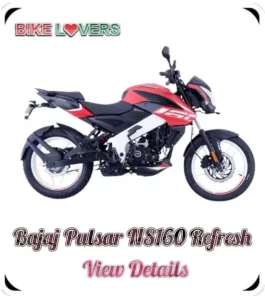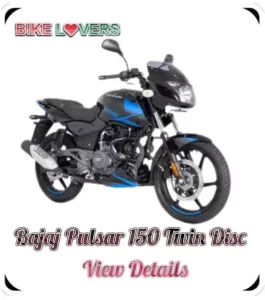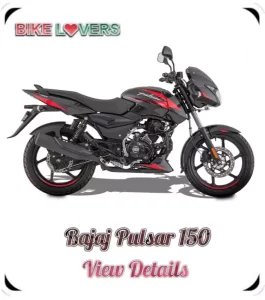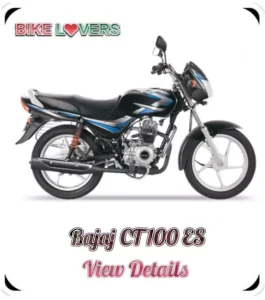Bajaj Bike Price in Bangladesh 2024
Bajaj is a popular motorcycle brand in Bangladesh and offers a wide range of models for different riding styles and preferences.They offer a range of motorcycles in Bangladesh including commuter bikes.
All Bajaj Motorcycle Price In Bangladesh 2024
All Bajaj Motorcycle Price In Bangladesh 2024
Bajaj Auto Limited
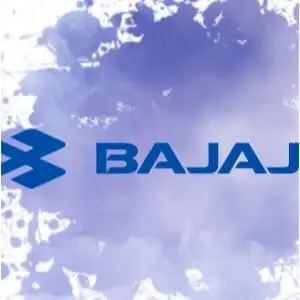
Bajaj Auto, one of India’s leading two-wheeler and three-wheeler manufacturers, has a rich history that dates back to the 1940s. Here’s a brief overview:
1940s-1950s: The journey began in 1945 when Jamnalal Bajaj founded Bajaj Auto as a trading company. The real turning point came in the 1950s when the company entered the two-wheeler market by obtaining a license to produce scooters. Bajaj Auto started manufacturing Vespa under license from the Italian company Piaggio.
1970s: Bajaj became a household name with the introduction of the iconic Bajaj Chetak in 1972. This scooter became immensely popular in India and played a significant role in establishing Bajaj as a key player in the two-wheeler market.
1980s-1990s: The 1980s saw the launch of the Bajaj M-80, a step towards entering the motorcycle segment. Bajaj collaborated with Kawasaki to produce motorcycles like the Bajaj Kawasaki KB 100 and the Bajaj Kawasaki Boxer.
In the 1990s, Bajaj Auto faced challenges from the liberalization of the Indian economy, leading to increased competition. The company adapted by launching new models, including the Bajaj Classic, Bajaj Super, and the Bajaj Sunny.
2000s: Bajaj Auto underwent a significant transformation under the leadership of Rajiv Bajaj, who took over as Managing Director in 2005. The company shifted its focus from scooters to motorcycles. The Bajaj Pulsar series, launched in 2001, became a game-changer in the Indian motorcycle market, offering sporty and performance-oriented bikes.
2010s-present: Bajaj Auto continued to expand its presence globally. The company formed partnerships with international brands like KTM and Triumph Motorcycles. Bajaj Auto also entered the three-wheeler market, producing commercial vehicles like auto-rickshaws.
Today, Bajaj Auto is a major player in the Indian and global two-wheeler market, known for its innovative designs and strategic partnerships.
Bajaj Bangladesh
Bajaj motorcycles have a rich history in Bangladesh. The journey began when Bajaj Auto, an Indian automotive company, entered the Bangladeshi market with its two-wheelers. The exact timeline may have some variations, but here’s a general overview:
Entry into Bangladesh: Bajaj motorcycles first made their way into Bangladesh, offering a range of bikes catering to different segments of the market.
Popular Models: Over the years, several Bajaj motorcycle models gained popularity in Bangladesh. Models like the Bajaj Pulsar and Bajaj Discover series became particularly well-received for their performance, fuel efficiency, and affordability.
Local Manufacturing: Bajaj Auto has also explored local manufacturing options in Bangladesh. Establishing local assembly plants can help reduce costs and make the bikes more accessible to a broader segment of the population.
Market Share: Bajaj motorcycles have competed with other international and local brands in Bangladesh, contributing to the vibrant motorcycle market in the country.
Technological Advancements: Bajaj has been known for introducing innovative features and technological advancements in its motorcycles. This could include improvements in engine technology, fuel efficiency, and design aesthetics.
Economic Impact: The presence of Bajaj motorcycles in Bangladesh has likely had economic implications, creating job opportunities in manufacturing, sales, and service sectors.
Challenges: Like any company operating in a foreign market, Bajaj Auto may have faced challenges such as adapting to local regulations, understanding consumer preferences, and competing with other well-established brands.
